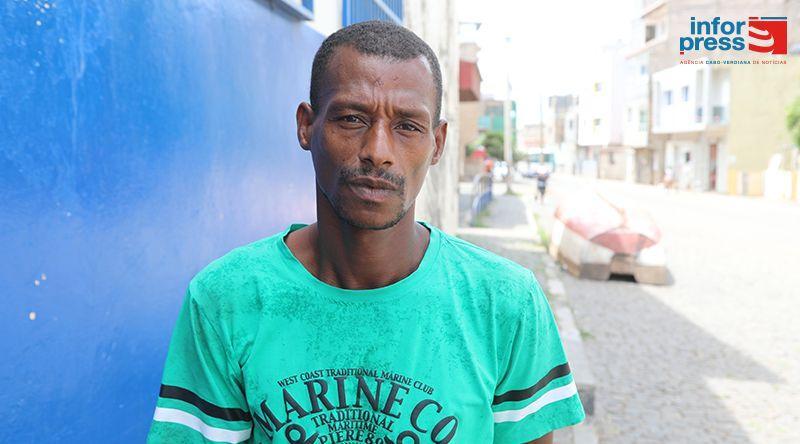Africa-Press – Cape verde. Taxi driver Nuno Semedo, known as Titi, developed the pilot project “Morabeza Inclusiva,” which aims to train professionals in the field to better serve people with disabilities, drug addicts, and alcoholics, promoting inclusion.
He explained to Inforpress that this is a pilot project that aims to transform the taxi service in Praia into a tool for social inclusion.
He explained that the proposal includes training taxi drivers in areas such as accessibility, services for people with disabilities, drug addiction, and alcoholism.
The project calls for four taxi drivers in each area, but it is essential that they be professionals who live in and are well integrated into their communities.
The idea stemmed from the taxi driver’s personal experience, having worked in this field since 2012. Over the years, he has observed the difficulties faced by people with disabilities in urban transportation.
According to the taxi driver, the idea gained momentum from his experience in daily contact with people with disabilities. To address this reality, he decided to invest in accessibility training and began working directly with them.
“I trained in accessibility at the Moderna Driving School, and today I work to promote the social inclusion of people with disabilities, mostly with Adevic,” he stated.
Currently, the project has already involved the Paralympic Committee and the Taxi Drivers Association, having collected more than 120 signatures of support.
In just two months, a group with more than 300 members was also created, demonstrating, according to Nuno Semedo, “the strong community support” for the initiative.
“I ask everyone involved to support and engage in this project. I know that Cape Verde will win, and we will all win,” he emphasized.
The goal, according to the same source, is to “complete at least 30 taxi driver training courses, 30 Hiace training courses, and 30 bus training courses by December, with the initial focus on taxi service.”
Currently, the team is awaiting the acquisition of adapted vehicles and the validation of the training courses, which are expected to last approximately 45 days and include first aid modules in partnership with the Municipal Fire Department.
According to the promoter, the budget for accessible vehicles is between 15 and 20 thousand contos, with each adapted car costing more than 4 thousand contos. Therefore, support is being sought from government institutions and banks.
“This project is not just for us taxi drivers, but for all of Cape Verde. It is a cause that benefits children, young people, and adults, because we all benefit from inclusion,” he emphasized.
For More News And Analysis About Cape verde Follow Africa-Press






